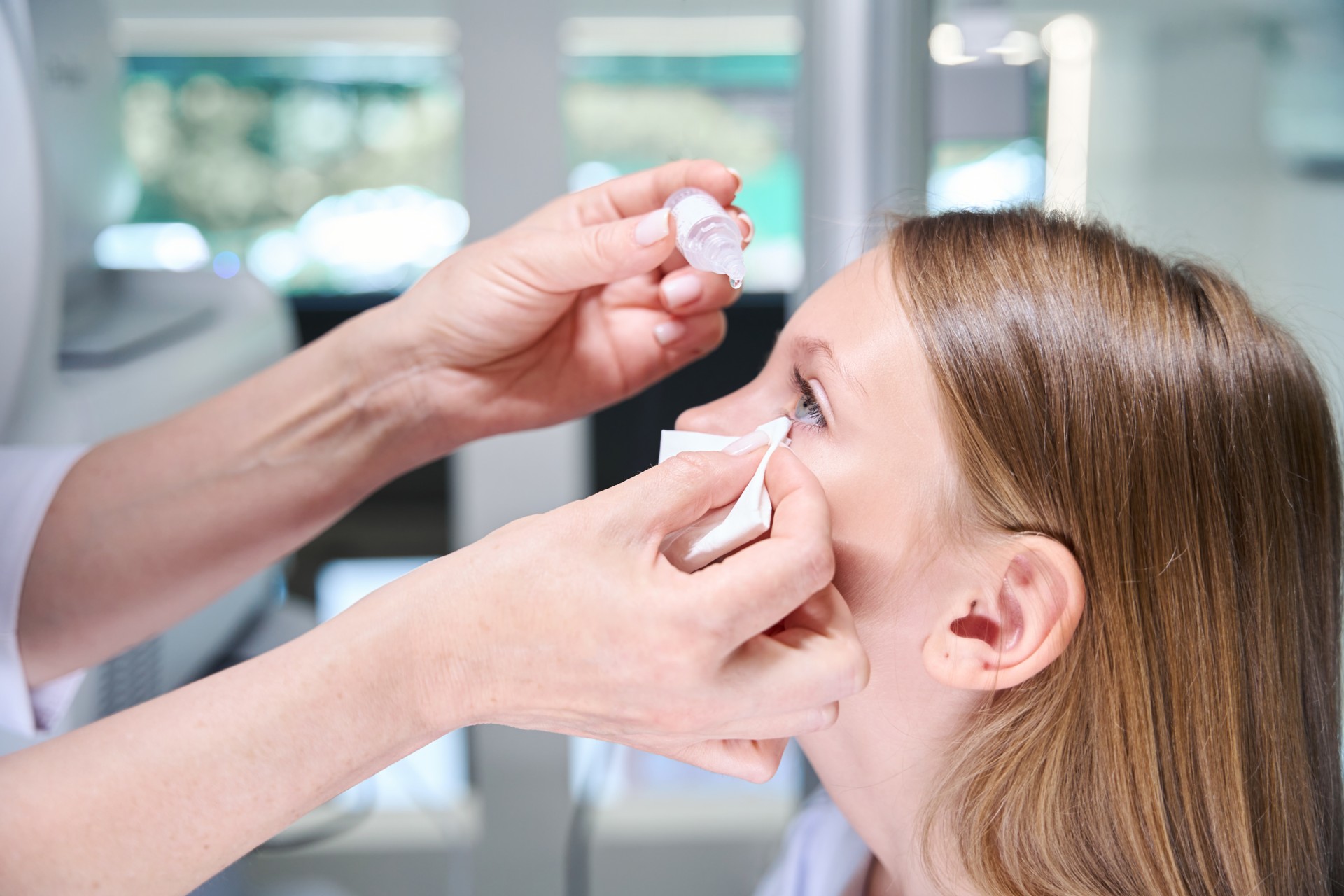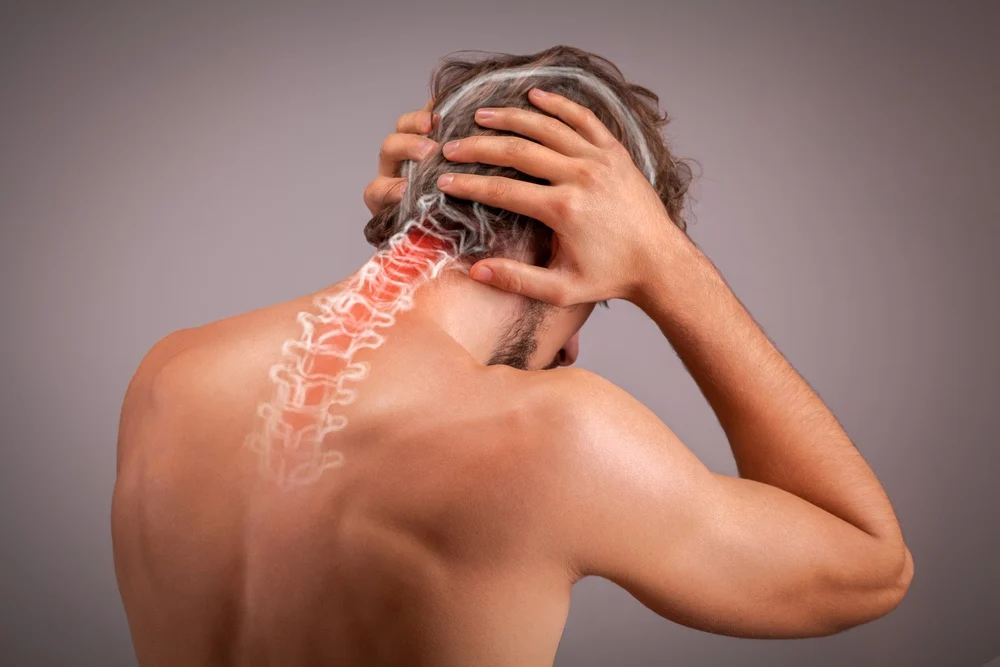Itchy eyes can be incredibly bothersome, causing discomfort, irritation, and a strong urge to rub or scratch. Whether triggered by allergies, dryness, or other factors, treating itchy eyes promptly is essential for finding relief and maintaining ocular comfort. Explore effective strategies and remedies to alleviate itchy eyes and restore clarity and comfort to your vision.
Identify the Underlying Cause
Before embarking on treatment, it’s crucial to determine the root cause of your itchy eyes. Allergies, dry eye syndrome, environmental irritants, eye strain, infections, or underlying eye conditions can all contribute to eye itching. Consulting an eye care professional for proper evaluation and diagnosis can help pinpoint the underlying cause and guide appropriate treatment.
Use Artificial Tears
For mild cases of eye itching due to dryness or environmental irritants, lubricating eye drops or artificial tears can provide immediate relief by moisturizing and soothing the eyes. Choose preservative-free drops and use them as needed throughout the day to keep the eyes hydrated and comfortable.
Apply Cold Compresses
Cold compresses can help alleviate itching, redness, and inflammation by constricting blood vessels and reducing swelling around the eyes. Place a clean, damp washcloth or eye mask in the refrigerator for a few minutes, then apply it gently to closed eyelids for 5-10 minutes as needed to soothe itchy eyes.
Avoid Rubbing or Touching
Resist the urge to rub or touch your eyes, as this can exacerbate itching, introduce bacteria, and potentially worsen symptoms. Instead, practice gentle blinking to help distribute tears and alleviate dryness. If your eyes feel irritated, use clean hands to gently rinse them with cool water or saline solution.
Manage Allergies
If allergies are the culprit behind your itchy eyes, taking steps to manage allergens can help reduce symptoms. Avoid exposure to known allergens such as pollen, dust, pet dander, or mold whenever possible. Use air purifiers, keep windows closed during high pollen seasons, and wash bedding regularly to minimize allergen exposure.
Try Over-the-Counter Medications
Over-the-counter antihistamine eye drops, or oral antihistamines can provide relief from allergy-related eye itching by blocking histamine release and reducing inflammation. Follow package instructions and consult a healthcare professional if you have questions about the appropriate use of these medications.
Practice Good Eyelid Hygiene
Maintaining proper eyelid hygiene is essential for preventing and managing conditions such as blepharitis or meibomian gland dysfunction, which can contribute to eye itching. Use warm compresses to gently clean the eyelids, remove debris, and unclog oil glands. Avoid rubbing or scrubbing the eyelids, as this can worsen irritation.
Consider Prescription Treatments
For persistent or severe cases of eye itching, prescription medications or treatments may be necessary. Your eye care professional may recommend prescription-strength antihistamine eye drops, steroid eye drops, or other medications to address underlying conditions and alleviate symptoms effectively.
Protect Your Eyes
To prevent further irritation and promote healing, avoid exposure to smoke, pollutants, chemicals, or other environmental irritants that can exacerbate itching. Wear protective eyewear when working with hazardous materials or participating in outdoor activities to shield your eyes from potential irritants and allergens.
Consult an Eye Care Professional
If your itchy eyes persist despite home remedies or over-the-counter treatments, or if you experience additional symptoms such as pain, vision changes, discharge, or swelling, seek prompt evaluation and treatment from an eye care professional. They can assess your condition, provide personalized recommendations, and ensure proper management of any underlying issues.
In conclusion, treating itchy eyes requires a combination of identifying the underlying cause, implementing appropriate remedies, and practicing preventive measures to alleviate symptoms and promote ocular health. By following these soothing solutions and seeking professional guidance when needed, you can effectively manage itchy eyes and enjoy clear, comfortable vision once again.





